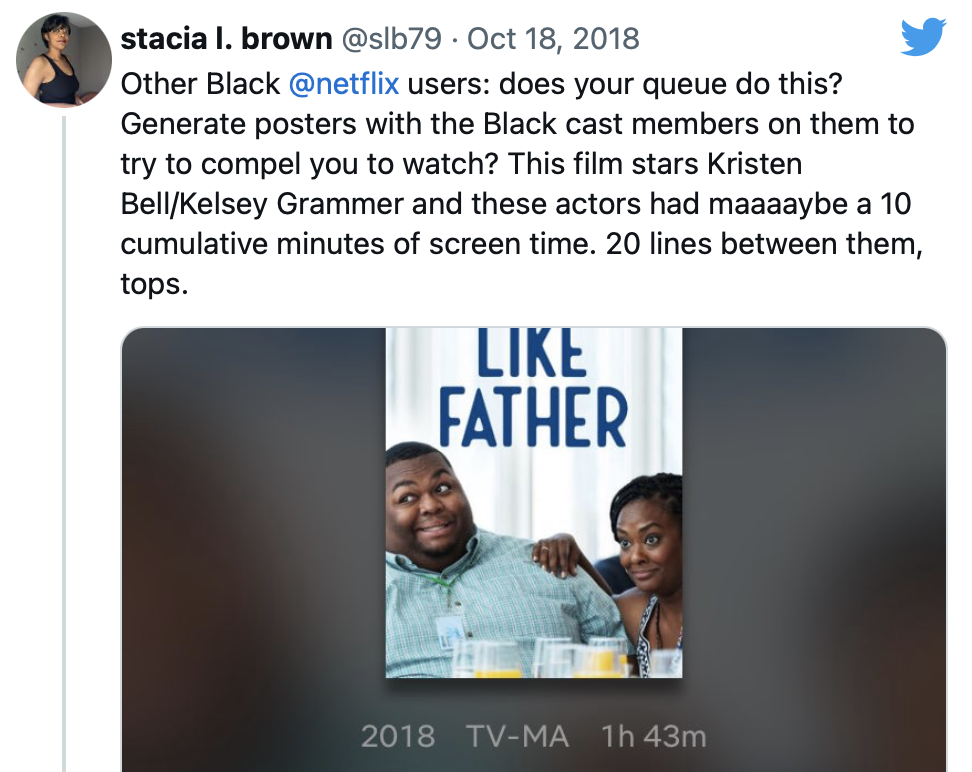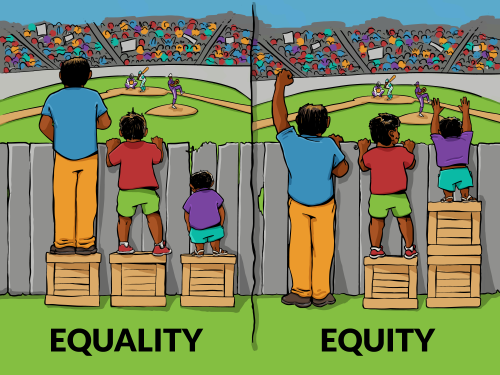Your Webcomic Is Bad and You Should Feel Bad (YWIBaYSFB) was a blog active in the years 2007-2008. The title, based on a dated Futurama meme, is an accurate reflection of its content: insulting, mocking, and booing webcomics that the author, John Solomon, deemed bad.
I did not actively read YWIBaYSFB at the time, but one did not need to read the blog to be aware of it. It made a lot of waves in webcomic circles, and everyone came to watch the train wreck. Whether the train wreck was the blog itself or the webcomics it mocked was, I suppose, the subject of some disagreement.
For context, 2007 is the year I started blogging. I was feebly trying to attract readers, and making barely any headway at all. In contrast, YWISaYSFB instantly got huge amounts of attention, thousands of comments, and even a parody blog it inspired acquired some renown. Within a year it stopped, and its legacy is now inherited by the Bad Webcomics Wiki. I think this flash in the pan says something about the challenges of criticism.


